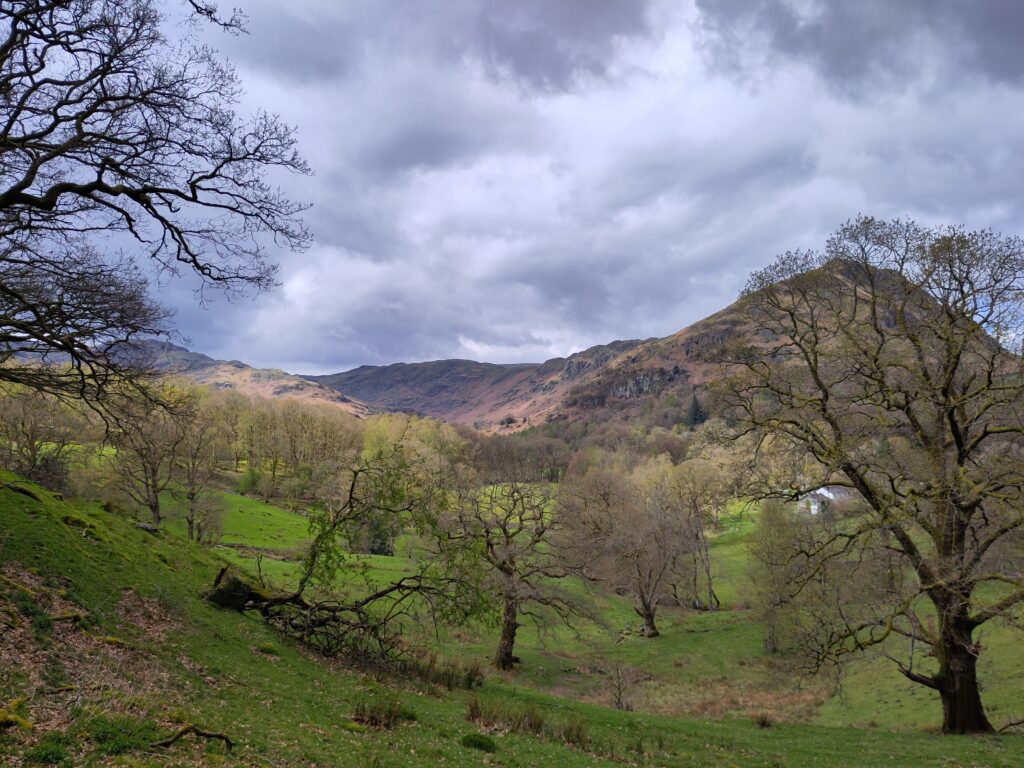At the moment, I’m serving as the Quaker representative on a church leader’s group in the West Midlands. I’m very pleased to be able to do this – it’s often useful as well as enjoyable to hear from people in other churches, it’s good to be able to give a Quaker perspective on things, and I get to meet lots of interesting people. The experience does bring to light some of the assumptions people make, though, and in this blog post I’d like to explore the effects this has.
Some of the assumptions are minor and many aren’t unique to ecumenical or interfaith work. Almost everyone, and almost every computer system, assumes that I have and use a title, and when the list of attendees at a meeting lists me as Ms Rhiannon Grant, it’s not really a surprise. It’s still wrong – I’m just Rhiannon Grant – but I know people find it difficult to cope with that. (When computer systems insist on a title but give a free text box, I end up getting post addressed to None Rhiannon Grant and Just Rhiannon Grant, which at least gives me a giggle.)
Another assumption in the whole plan to gather church leaders is that churches have leaders. Many churches do, and so do other religious organisations – but what leadership looks like, and who is a leader, and what leading involves, can be very different. I’ve been appointed to represent Quakers at a church leaders’ meeting, but that doesn’t mean Quakers have appointed me as a church leader! I do have a kind of leadership role in the Quaker community, but it’s not straightforward to articulate what that is: unusually for a Quaker, I have a paid Quaker role, but I’m not being paid to lead; as someone who is often led to write about Quaker topics, I have a kind of public ministry, but in a community which doesn’t formally recognise such ministries; and although I have previously served in some Quaker roles which involve leadership, my current service is mainly on committees which support rather than leading. Everyone else’s roles have different but perhaps comparable kinds of complexities. Being a Church of England vicar or bishop is not the same as being a Roman Catholic priest or a Salvation Army officer or a Methodist minister, and there is even more variety when we start to include rabbis and imans and Buddhist monks… It can result in a good conversation, when we remember that all this is going on and not always visible.
Perhaps the assumption that bugs me most, though, is ecumenical and interfaith settings where people assume that they know what Quaker worship is. In particular, people get hold of the bit about silence first, and maybe some idea of inner stillness, but don’t always get as far as understanding the role of spoken ministry in Quaker worship. I can think of ways in which this can easily happen, especially because silence is a key and outstanding difference between Quaker worship and many other practices, but I hope we can start to look more deeply into different kinds of silence. Quaker worship typically includes the opportunity for people to speak if they feel led to do so – which can be more similar to the spontaneous prayers used in some other churches than people sometimes expect. If different members of your group are taking turns to pray in their own ways, have a Quaker representative introduce worship in their own words instead of asking for silence on their behalf. If you decide to have a time of silence, for example to start a meeting or in a remembrance practice, that’s great, and it can come from many traditions – there’s no need to assume it’s Quaker. We can share!
A benefit of this work is that it challenges my assumptions, too. It can be easy to emphasis the differences between churches, but spending time with the other church leaders always reminds me of the many things we have in common. These can be practical things, like struggles with what to do with our buildings or the need for ongoing work on safeguarding. They are also spiritual things, including wanting to be close to God, however we understand that, and building confidence in our communities so that people can talk about their faith with others. Ecumenical and interfaith work is a huge opportunity to learn about one another and to practice explaining my tradition.




